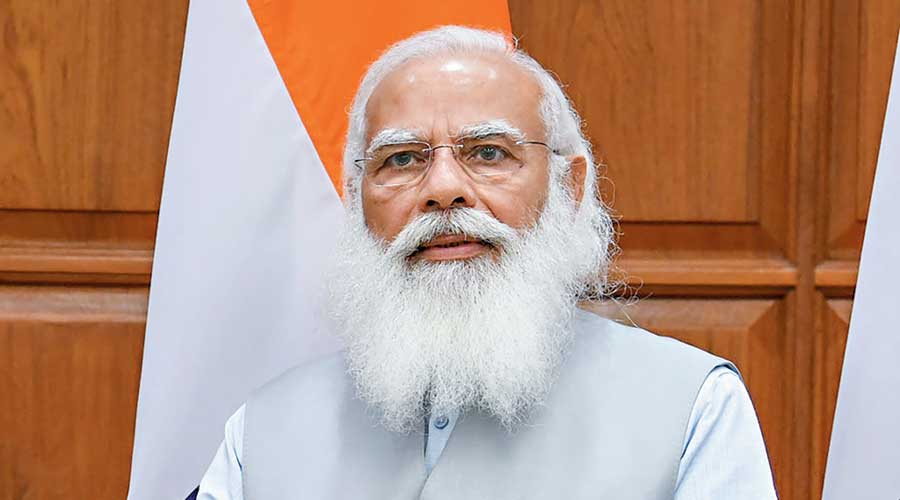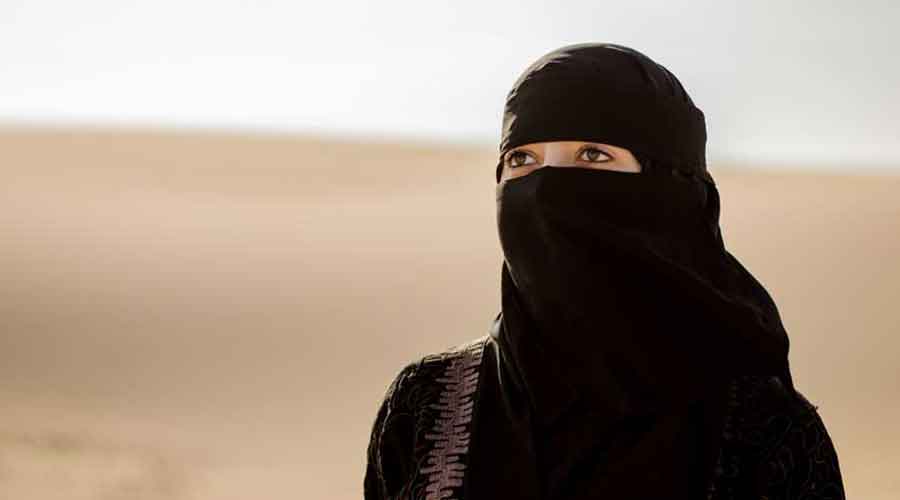Prime Minister Narendra Modi on Friday underscored the need for caution in recognising the “new system” in Kabul, saying its failure to be representative of all sections of Afghan society and its formation without negotiations raised questions about its acceptability.
Modi, however, did not mention the Taliban even once while making his first detailed statement on the new government in Afghanistan.
“The transition of power in Afghanistan is not inclusive, and it has happened without negotiation. This raises questions about the acceptability of the new system,’’ Modi said.
The Prime Minister was addressing the Shanghai Cooperation Organisation-Collective Security Treaty Organisation outreach session on Afghanistan.
He addressed the session, hosted on the sidelines of the SCO summit in Dushanbe, Tajikistan, virtually.
The CSTO is a Russia-led Eurasian military alliance of some former Soviet Union countries.
Modi said it was important that women, minorities and all other sections of Afghanistan’s diverse society were given representation.
“Therefore, it is necessary that the decision on recognition of such a new system is taken by the global community collectively and after due thought. India supports the central role of the United Nations on this issue,’’ Modi said.
The Prime Minister warned “if instability and fundamentalism persist in Afghanistan, it will encourage terrorists and extremist ideologies all over the world. Other extremist groups may also be encouraged to come to power through violence.’’
The Prime Minister warned about the added risks involved in the large amount of unregulated weapons in circulation in Afghanistan, saying it could cause instability in the region.
He added that drugs posed another problem. On the humanitarian needs of Afghanistan, he said India remained committed to help the people of that country.
Earlier, in the morning, while addressing the SCO plenary, Modi had dwelt on radicalisation and the need to use the moderate and progressive cultural values of Central Asia to address this growing trend.
“If we look at history, we will find that the region of Central Asia has been a bastion of moderate and progressive cultures and values. Traditions like Sufism have flourished here over the centuries and spread throughout the region and the world. We can still see their influence in the cultural heritage of this region. On the basis of this historical heritage of Central Asia, the SCO should develop a common template to fight radicalisation and extremism.
“In India, and almost in all SCO countries, there are moderate, tolerant and inclusive institutions and traditions associated with Islam. The SCO should work to develop a strong network between them,” Modi said.
While condemning terrorism in all its forms and manifestations, the Dushanbe Declaration that was adopted at the end of the summit said: “Member States note the inadmissibility of interference in the internal affairs of States under the pretext of countering terrorism and extremism, as well as the inadmissibility of the use of terrorist, extremist and radical groups for vested interests.”











